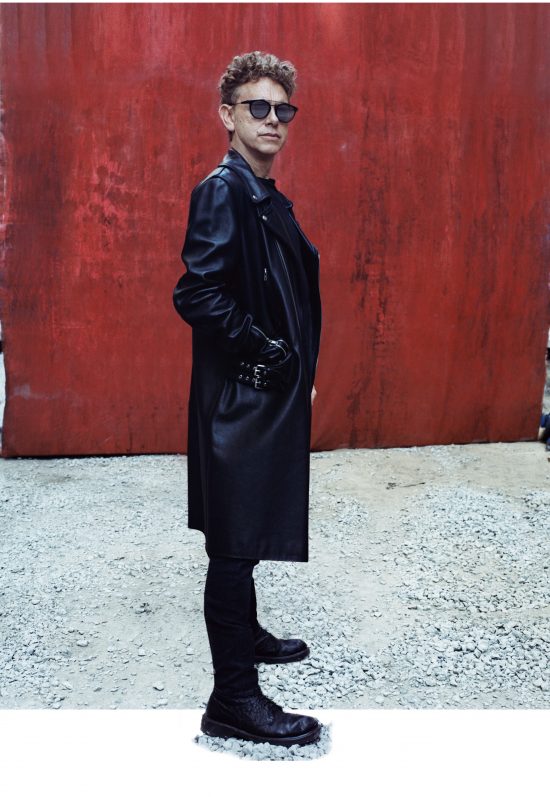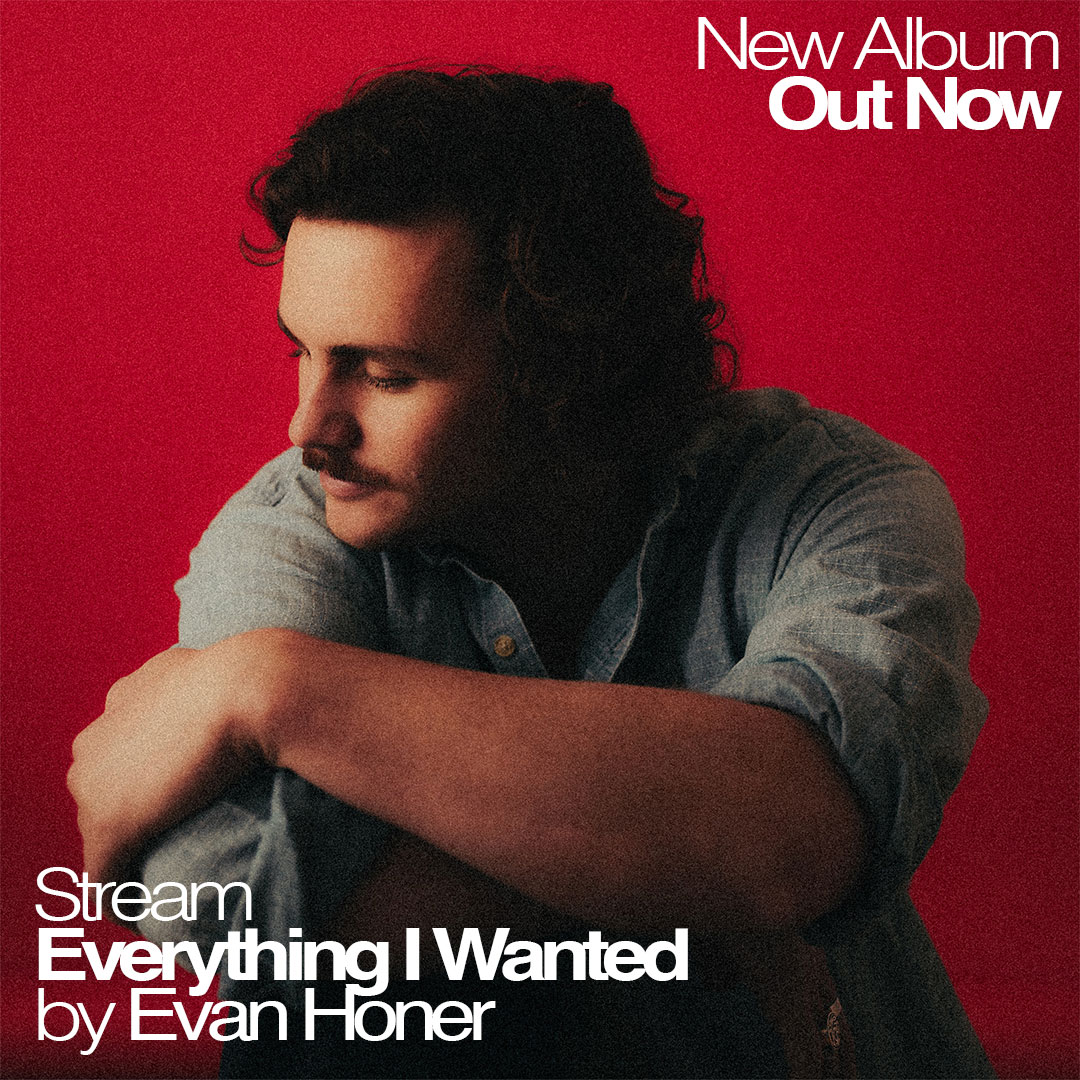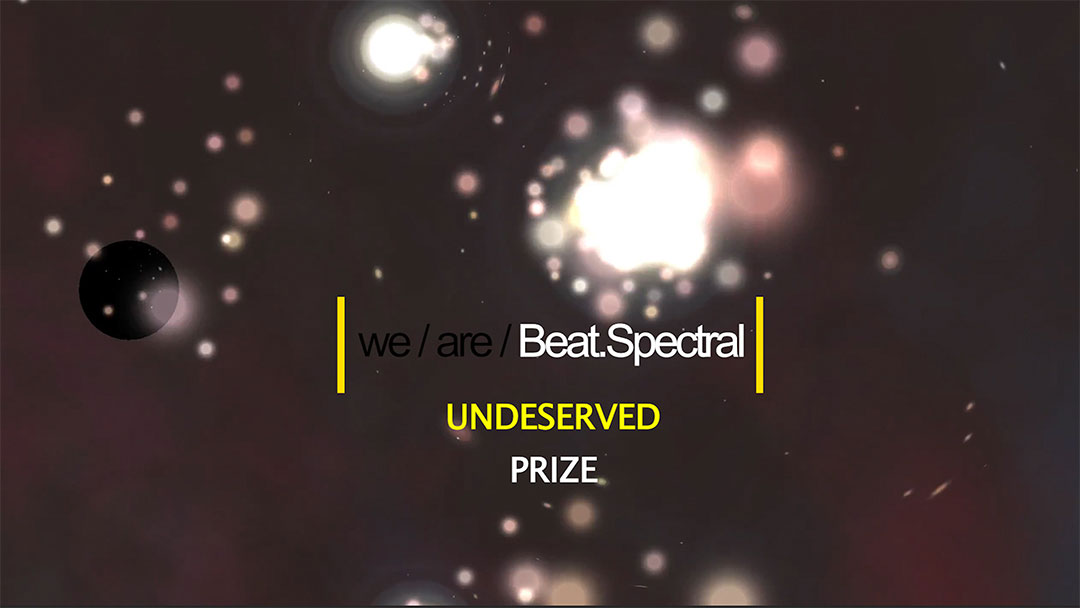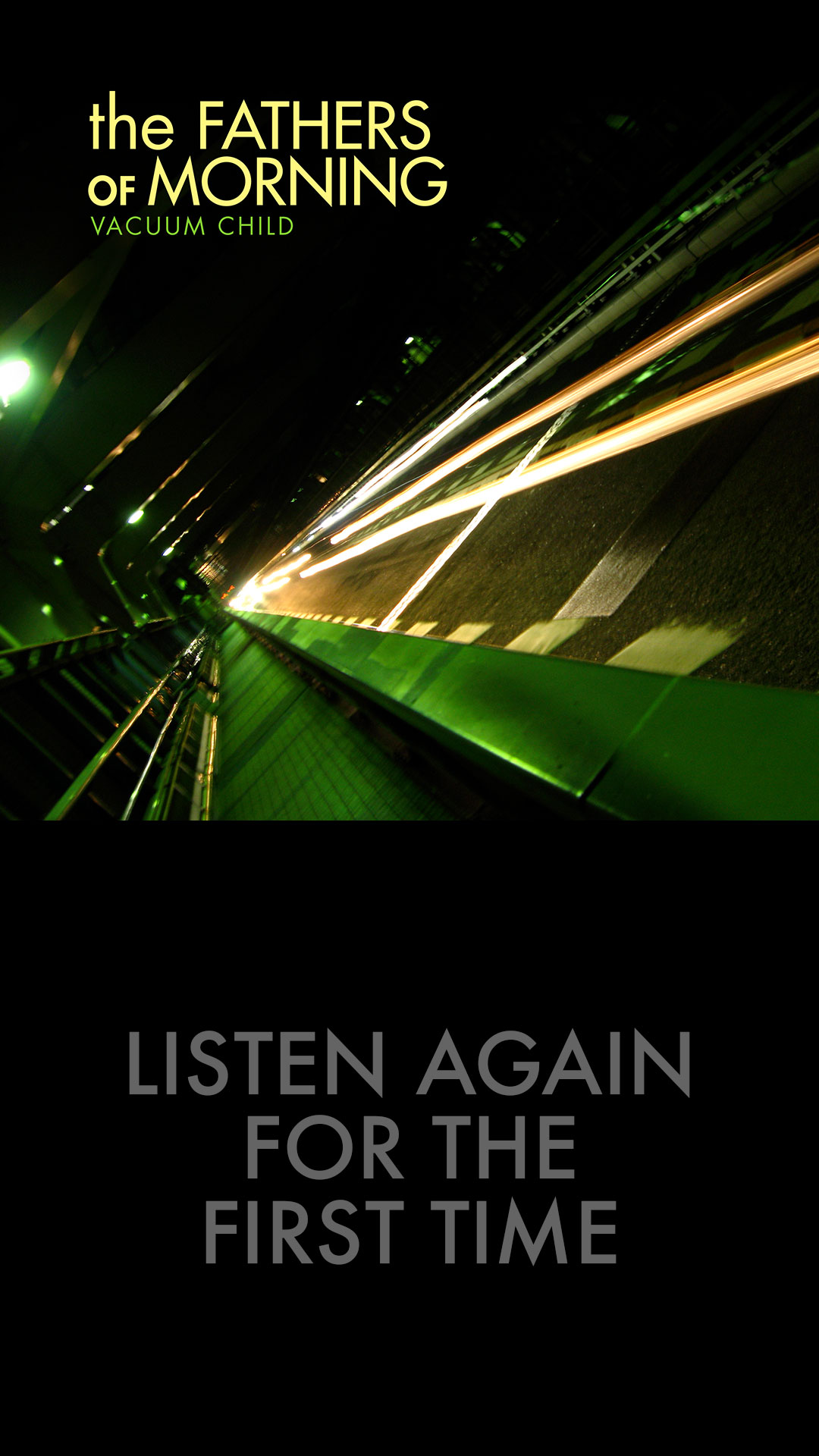
Since 1980, Depeche Mode has made the world rich with its Euro-elegant, industrialized brand of electronic post-punk, crepuscular pop-dance sensibilities and steely impres- sionistic lyrics touched by an ever-present questioning as to where we all fit socially, politically and romantically. Martin Gore, Dave Gahan and Andrew Fletcher—DM’s brain trust—focus more on the mess that is the planet’s political landscape at present on Spirit (Columbia) and its first single “Where’s The Revolution?” with Gore unable to look away while the world crumbles.
For better or for worse, Depeche Mode has always come with a societal message—if not directly a political one—and Spirit is no less brave for it. The bad news is, you’re sitting at home and you hear alt-right mouth- piece Richard Spencer says he’s a “lifelong fan” of yours and that DM is the “official band” of the movement. And you are … ?
Very baffled was the first thing. I couldn’t believe that he would think that we, in any way, would be affiliated with the alt-right. You’ve only got to listen to our songs—pick one at random—and you’d know we’re not about that.
Has there been any communication between the parties other than you guys issuing a statement of condemnation? Any steps such as ending his fan-club member- ship or stealing his “People Are People” 12-inch?
There’s nothing you can do to stop people from being a fan. He’s admitted that. To make claims beyond that, as if we are fans of his or his affiliations or organizations, is—to be honest—crazy.
All that you would have to do is listen; what socio-political agenda do you hold considering there’s always been some activism, labor, anti-corporate or environmental discourse in ’80s tracks like “Get The Balance Right,” “Everything Counts,” “The Landscape Is Changing” or “Monument”?
You’re no righter of wrongs, lest you turn into a superhero, but you try to always fly on the right side of history. You write what you believe in, what you trust. This time around—always, really—we want people to think when they listen to our records. This time, it was just more pointed. I really felt during the writing process for Spirit that the world was in a complete mess. Humanity had lost its way. By pointing that out, maybe you could somehow get some sort of values back. Now, I may just be imparting too much importance to music and what it can do—I don’t know if it can change the world—but even if one person is affected, then maybe I’ve achieved something.
The world’s going to hell in a handbasket, but at present yours is not the Euro-English viewpoint that you once had—it’s now that of someone who lives on our West Coast; Santa Barbara, yet. Were you looking at that mess as an American or as someone once part of the European Union, Brexit and such?
I’m looking at the world as a whole. We’ve had the Syrian crisis for years. That’s unbelievable to see those horrors daily, just as it is the refugee crisis. The Middle East has collapsed. America has its violence against blacks as cameras watch people doing nothing but having their hands in the air. Everywhere you look, the more the earth splinters apart, the more difficult it is to function without speaking out. You can’t ignore what goes on around you. I’ve lived most of my life as a European. I won’t be able to say that much longer. I could never have predicted that, but the writing has been on the wall for a while—so was the potential of Trump’s election. Only now it’s crazier that he’s won and implementing all the crazy ideas he said he would.
All this makes you think hard and makes you mourn for the planet. What then makes you laugh?
I laugh all the time.
Doesn’t that make you insane?
I have a one-year-old daughter who’s at that great age where everything she does is funny. She’s walking now, never stopping from the moment she wakes. I’m not a depressed person. I know that’s a thing.
No, no. Not inferring that. It’s just that you throw a dart on Spirit—“Poison Heart,” “The Worst Crime”—and you land upon a harsh reality. It’s nice that you have uplift and laughs personally, though there are a few comic moments on Spirit.
Yes, definitely, there’s dark, humorous lyrics in “Eternal,” which was written for my daughter. I had to slip in a vision of a black mushroom cloud rising and the radiation falling.
With you on the West Coast, Gahan in Manhattan and Fletch in England, how does a new DM get started? Who makes the first move?
When I finished my MG solo project in 2015, I just kept writing. When I felt as if I had enough songs like “Going Backwards,” together and Dave—who had finished his solo—had enough songs together, we met up. We talked about changing producers as we did the last three with the same man, found James Ford, and we were off.
Famously, you once held tight the reins of writing all DM songs until Gahan started in. Now your keyboardist and drummer are writing with Gahan. Soon, I’ll be writing Depeche songs. What say you?
The songs that Dave’s put forward are the best he’s written. He’s been doing it since 2005, and he’s getting better. All I can say is, “Why not?”
Do you feel as if living a cool, calm life in Santa Barbara affects how you work? It’s certainly a long way away from where you, Gahan and Fletch started off in chilly Basildon.
A very long way. You couldn’t get a more different place than where I grew up and where I am now.
—A.D. Amorosi













